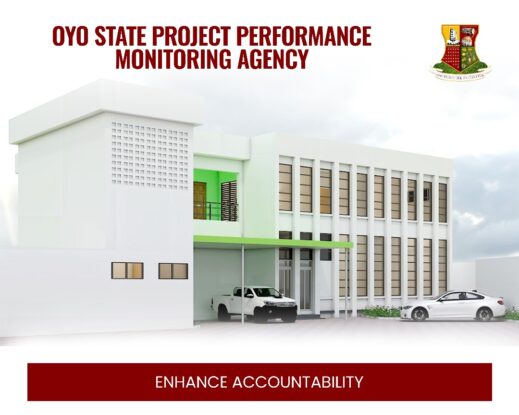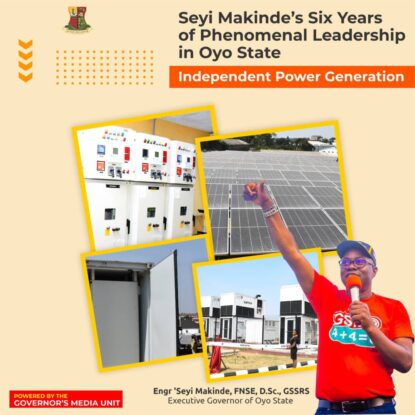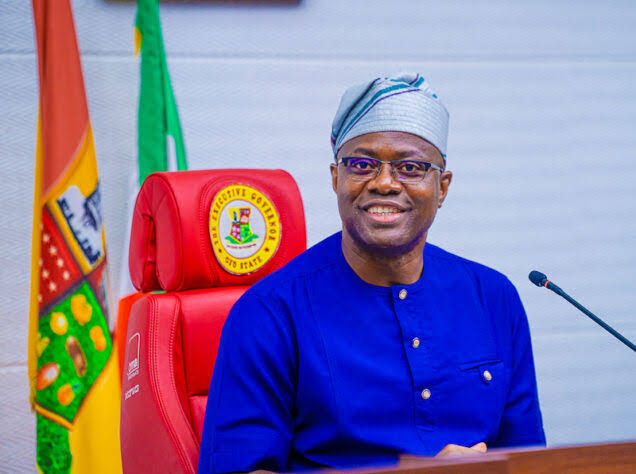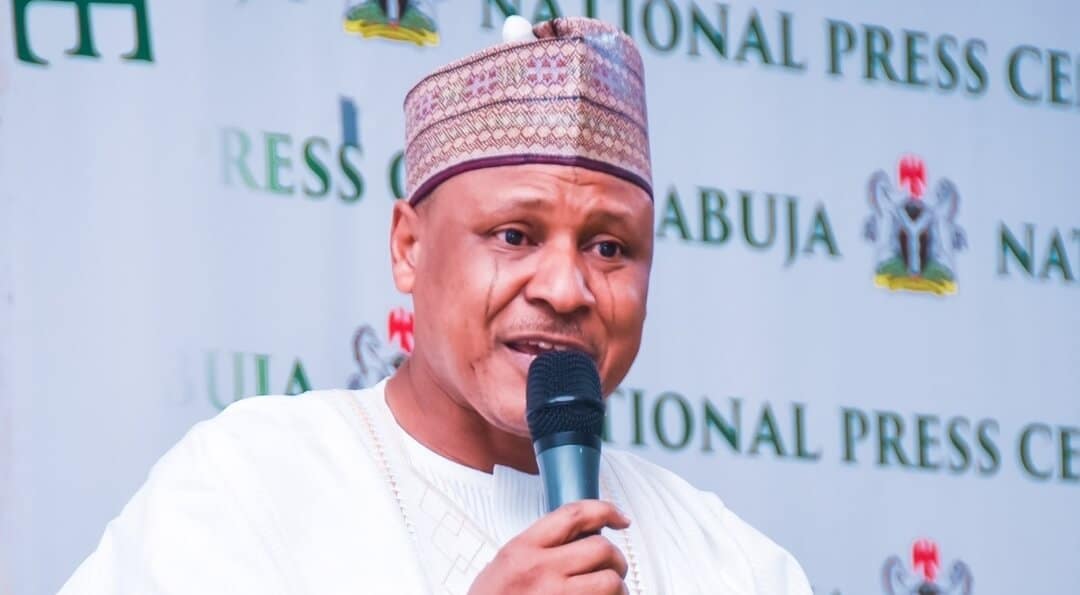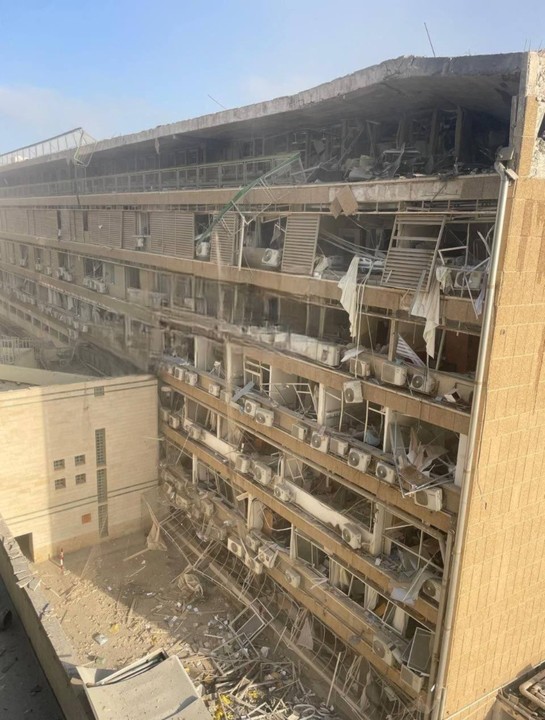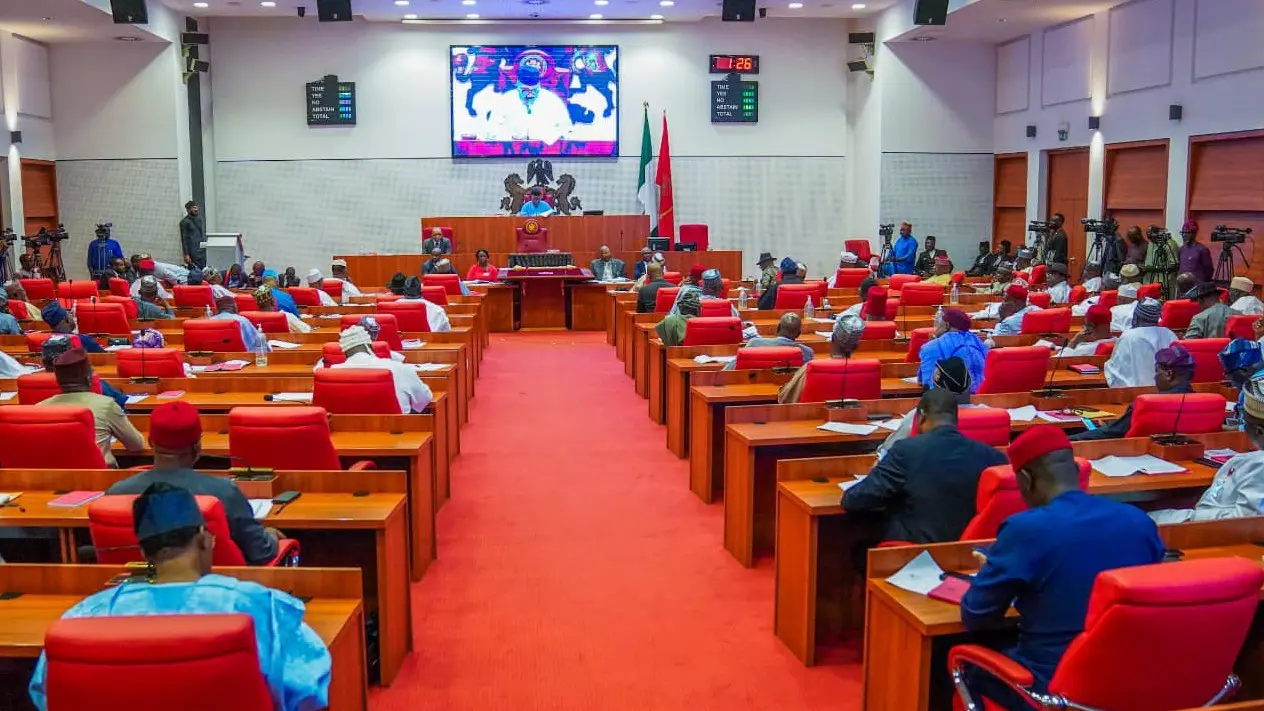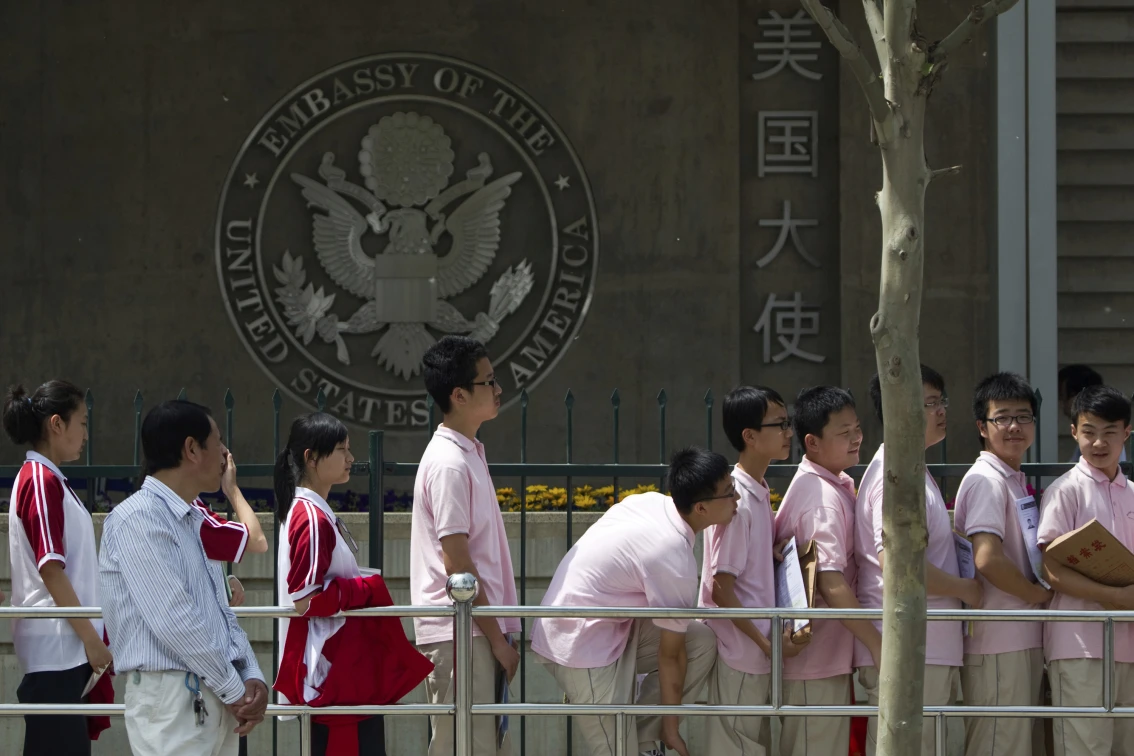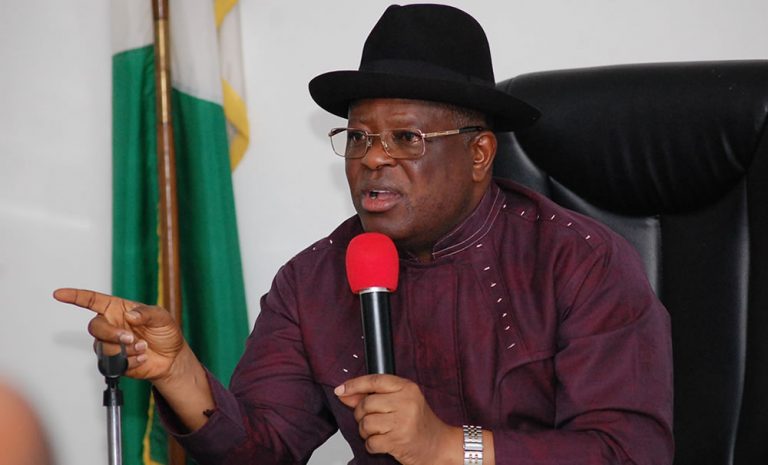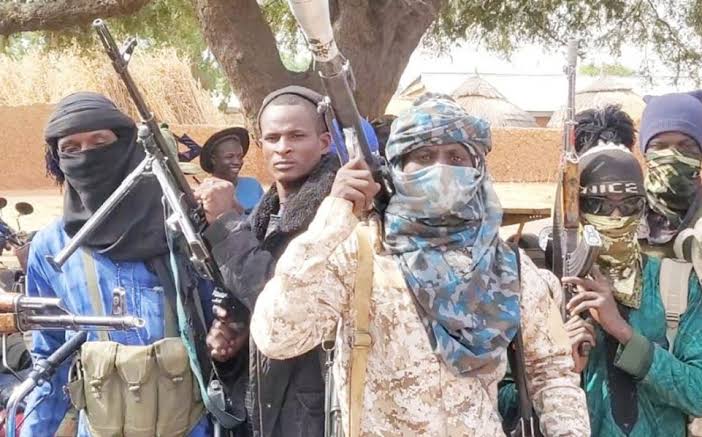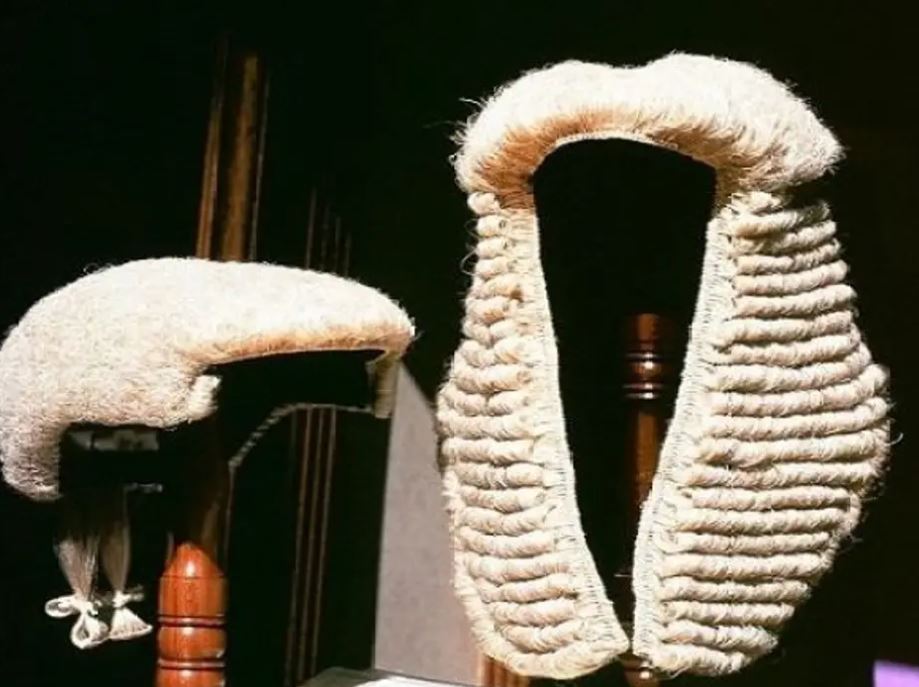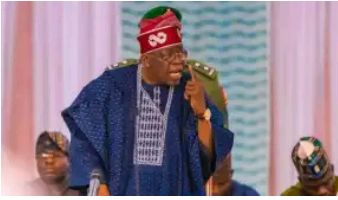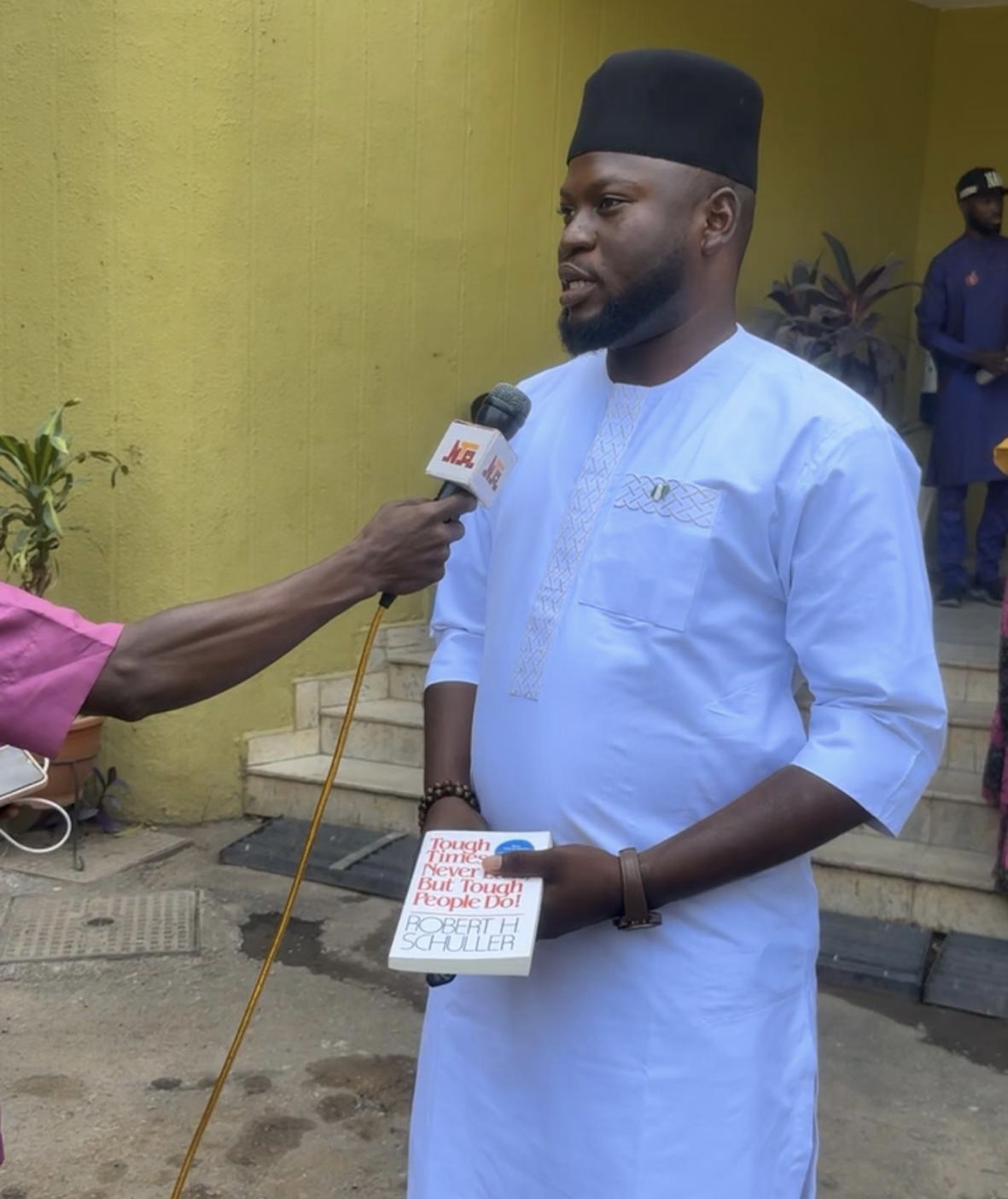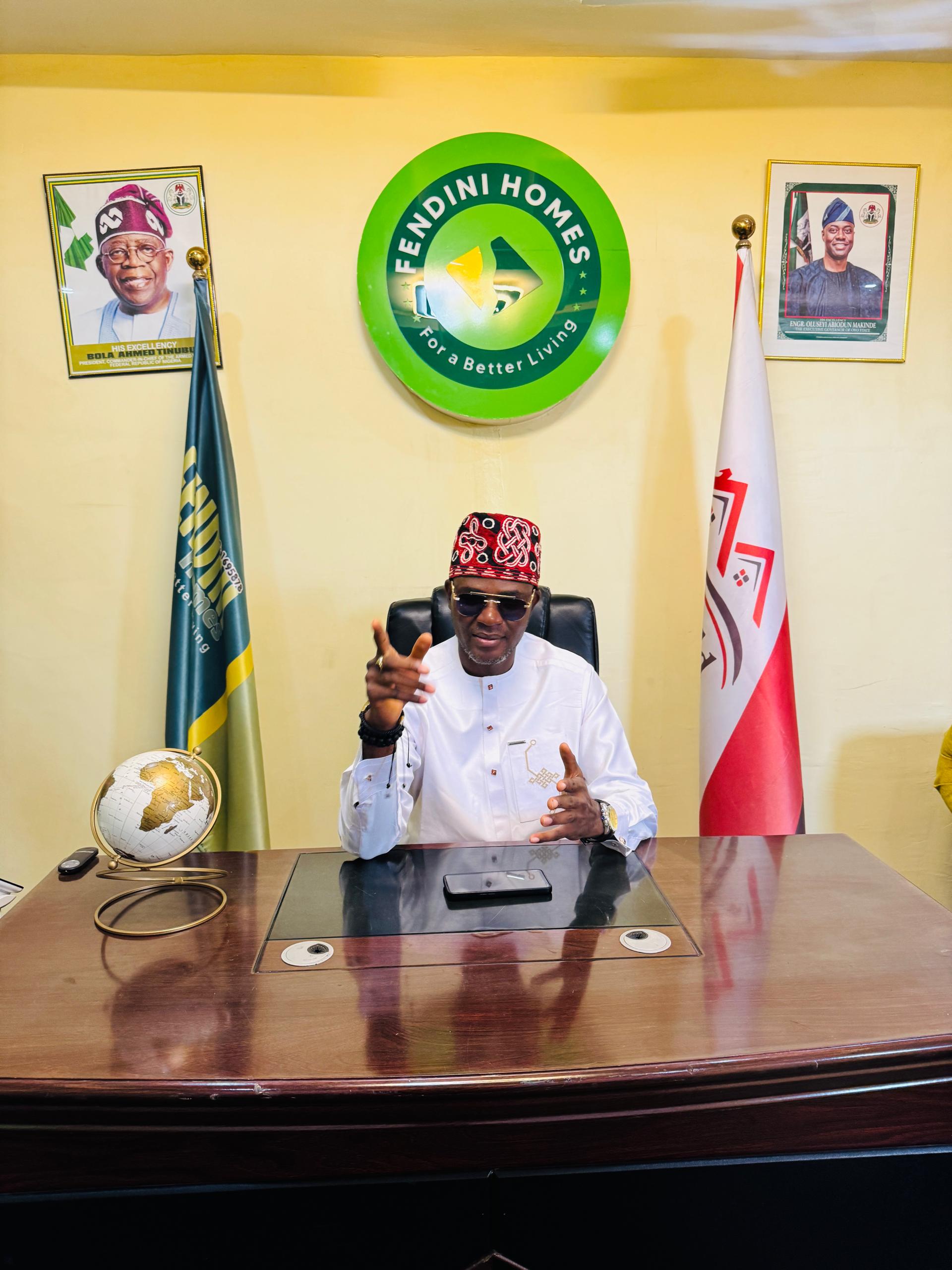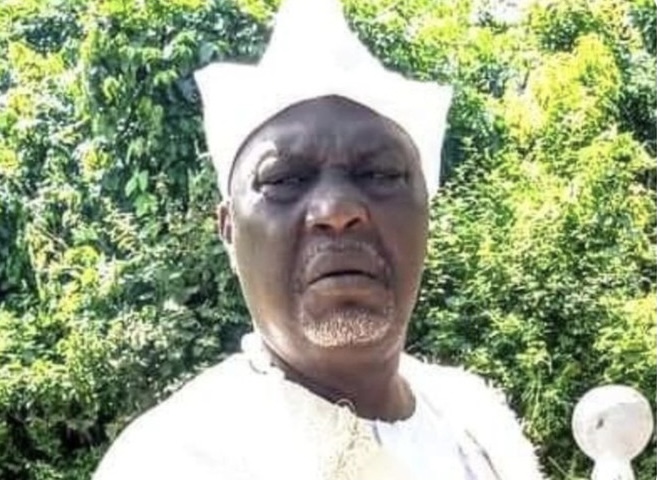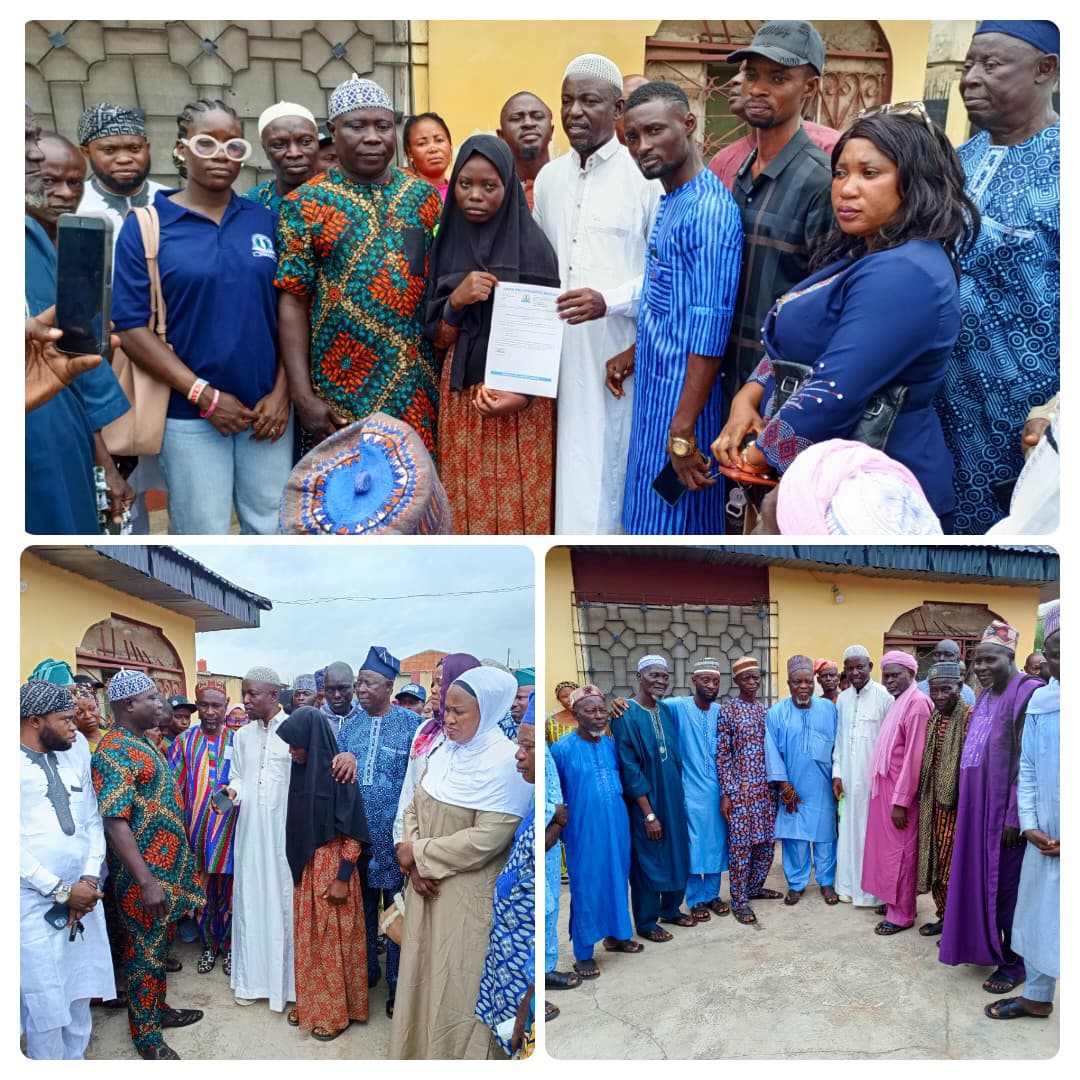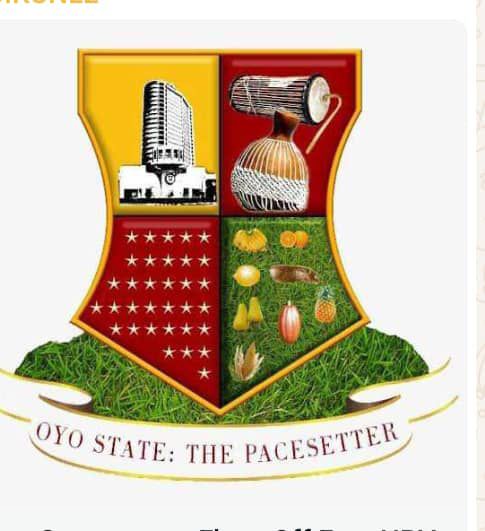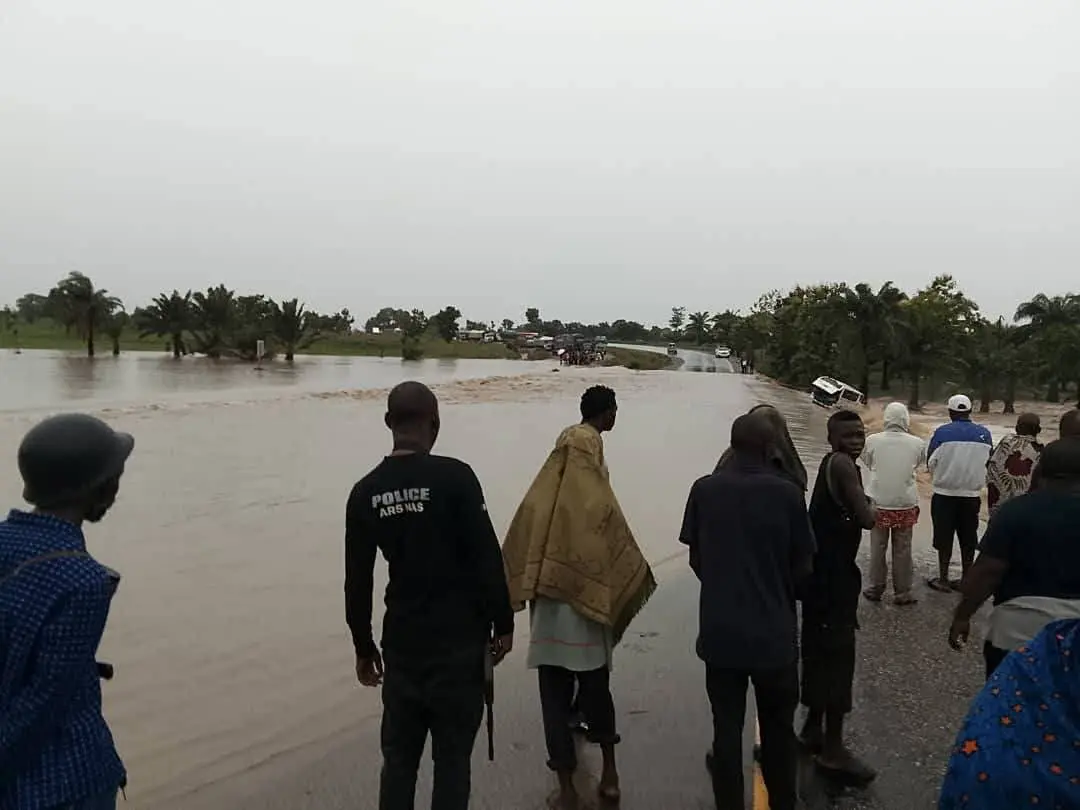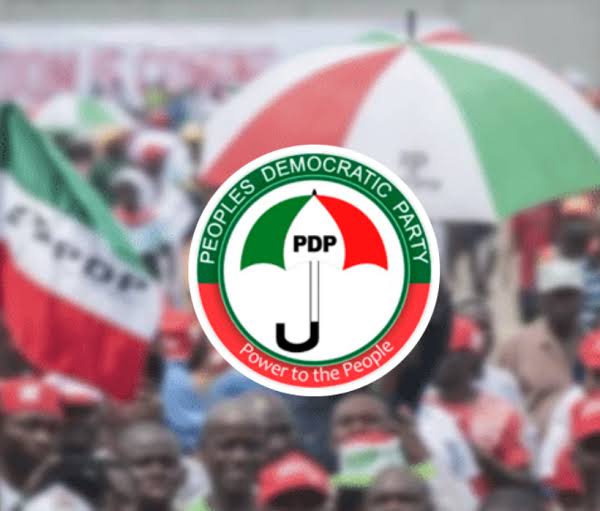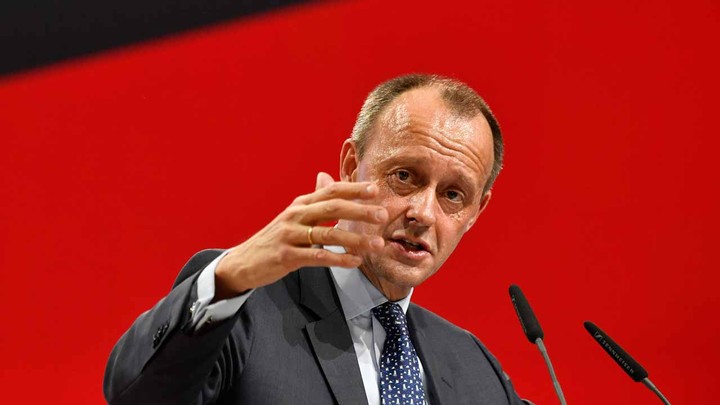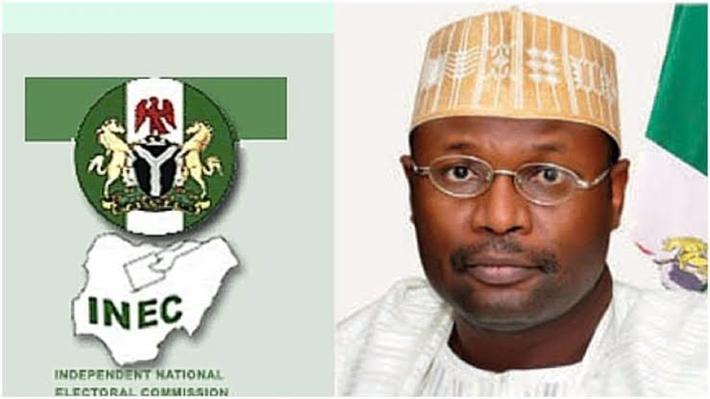INEC assures poll must hold, says 93.4m eligible to vote
Independent National Electoral Commission (INEC) has declared that only 93, 469,008 Nigerians are eligible to vote in next month’s poll. The Commission also said it is not considering postponement or cancellation of the election due to security threat.
INEC Chairman, Prof. Mahmood Yakubu, stated this while presenting data of registered voters to political parties in Abuja, yesterday.
In attendance at the meeting were leaders of the All Progressives Congress (APC), the Peoples Democratic Party (PDP), Labour Party (LP), and New Nigeria Peoples Party (NNPP), among others
According to him, the presidential and National Assembly elections slated for Saturday, February 25, 2023 and that of governorship and state assembly elections slated for Saturday, March 11, 2023, will hold as scheduled. He maintained that any assertion as regards postponement or cancellation of the election was not the official position of the Commission.
On the voter register, the INEC boss disclosed that 53,264 names were removed after objections made by Nigerians. Yakubu said: “You would recall that for the 2019 general election, Nigeria had a voter population of 84,004,084. After cleaning up of the data from the last Continuous Voter Registration (CVR) exercise (June 2021 – July 2022), 9,518,188 new voters were added to the previous register, resulting in the preliminary register of 93,522,272, which was presented to Nigerians for claims and objections as required by law.
According to the final data released by INEC, the North West geopolitical zone maintains its lead with a total of 22.25 million registered voters. As at the 2019 elections, the North West zone, comprising seven states (Sokoto, Zamfara, Kano, Kaduna, Katsina, Kebbi and Jigawa) had 20.15 million voters.
The South West, which comprises Lagos, Ogun, Osun, Oyo, Ekiti and Ondo, has risen from 16.29 million in 2019 to 17.95 million. The North Central, which is made up of Nasarawa, Kogi, Benue, Niger, Kwara, Plateau and the Federal Capital Territory trails behind with 15.36 million voters.
In the fourth position is South South, which comprises Akwa Ibom, Rivers, Cross River, Bayelsa, Edo and Delta states. The number of registered voters rose from 12.8 million to 14.4 million, while the North East, made up of Yobe, Borno, Taraba, Adamawa, Bauchi and Gombe, now has 12.5 million voters.
The South East, which comprises five states (Ebonyi, Enugu, Abia, Anambra and Imo), recorded the lowest number. As of 2019, the region had 10 million registered voters. This has now risen to 10.9 million.
A state-by-state breakdown reveals that Lagos has the highest number, increasing its figure from 6.5 million to seven million. Kano State also maintained its second position, increasing its figure from 5.4 million to 5.9 million. Kaduna State now has 4.3 million registered voters, while Katsina has 3.5 million.
Speaking further, Yakubu said the Commission would continue to take every step to protect the sanctity of the votes cast by citizens and deal with infractions, including the arrest and prosecution of persons that attempt to perpetrate illegality at polling units on election day, be they underage voters or vote buyers.
According to Yakubu, with the presentation of the register of voters to political parties, the Commission has successfully implemented 11 out of the 14 activities on its schedule.
He disclosed that substantial quantities of sensitive and non-sensitive materials have been deployed to various locations across the country. Noting that the last batch of the Bimodal Voter Accreditation System (BVAS) has been received, the INEC boss said ongoing configuration of the critical technology in readiness for elections would soon be completed.
He further revealed that the Commission had commenced airlifting other sensitive materials to states across the country, adding that some of the materials for 17 states in three geo-political zones had been delivered. He added that about 13,868,441 Permanent Voter Cards (PVCs) have been printed, delivered to states and are being collected by citizens.

